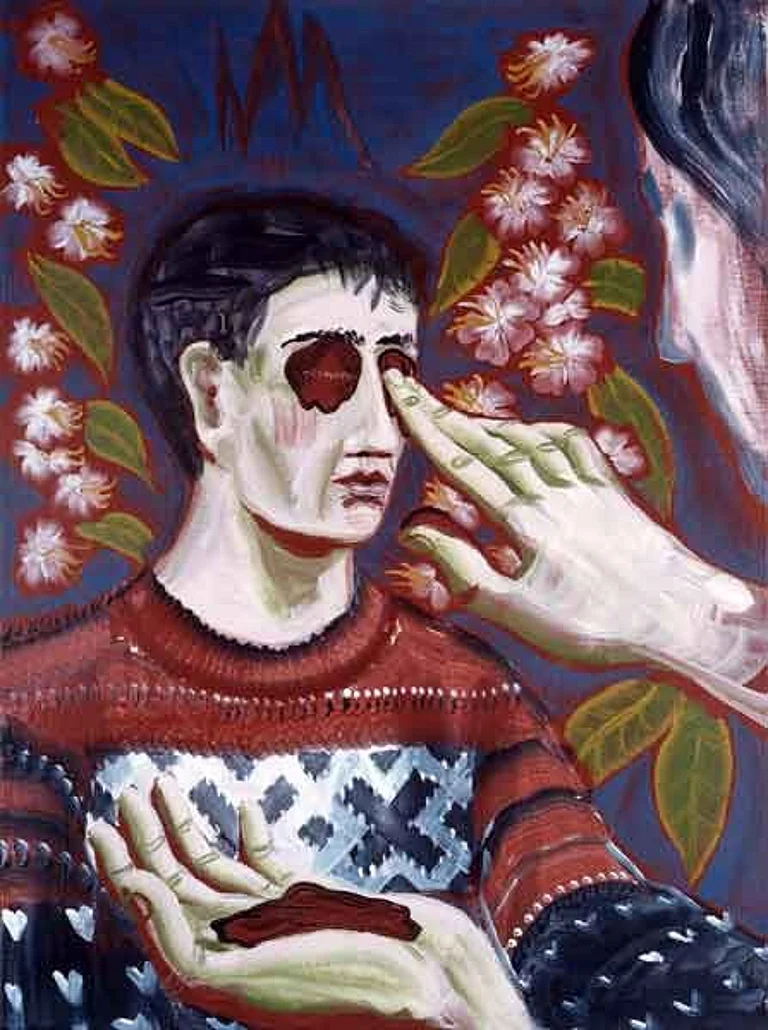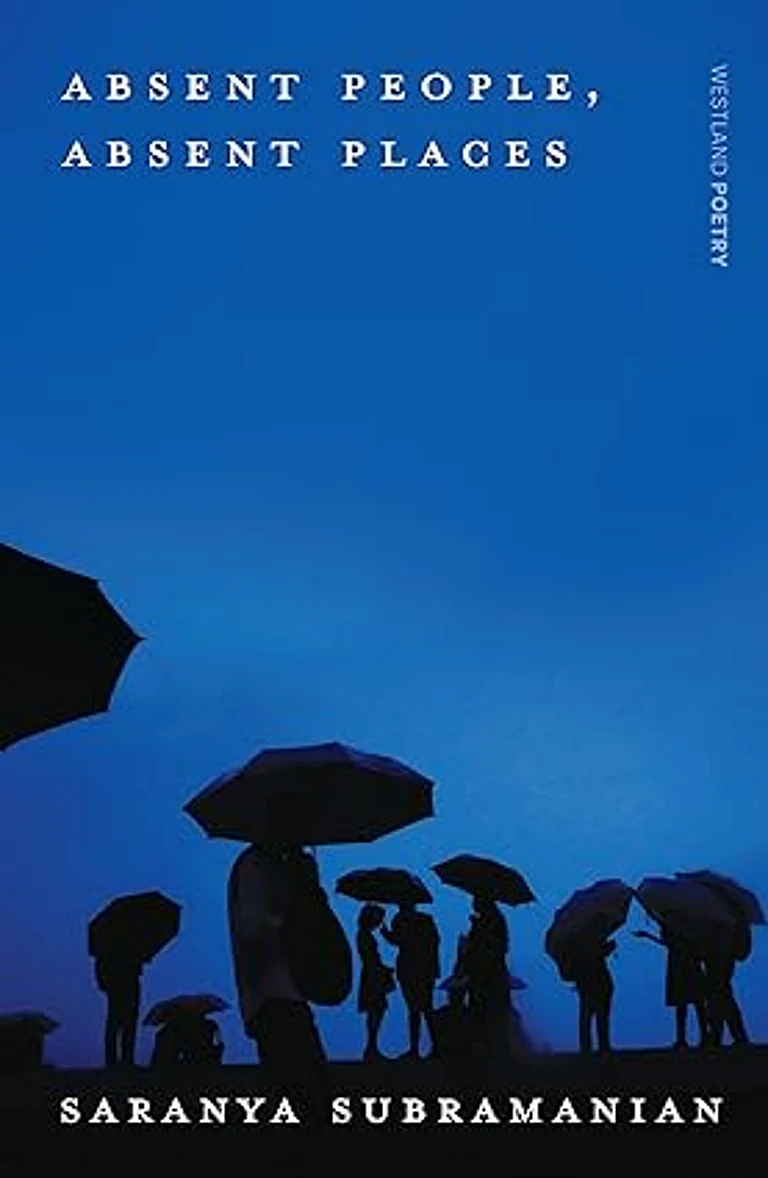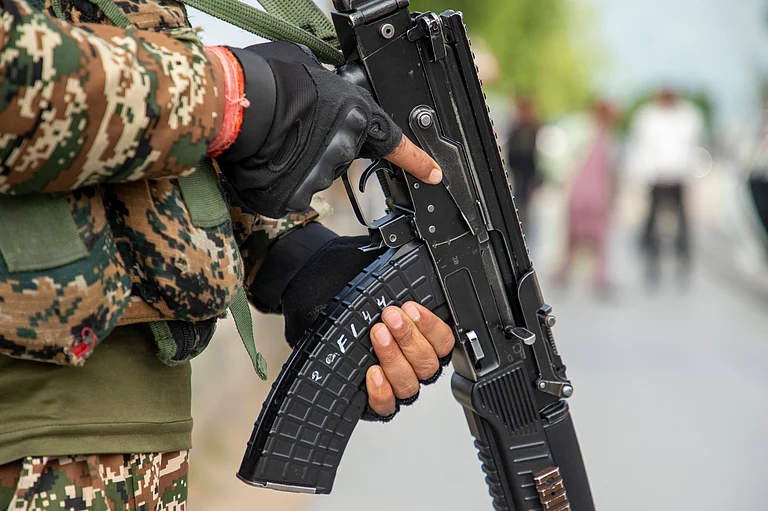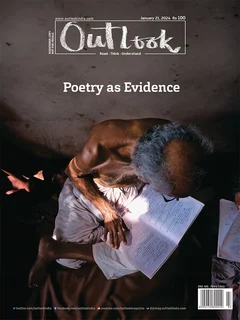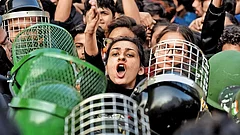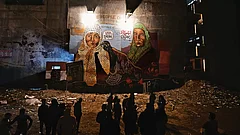Heavy, ruthless blades
haul and push debris away,
excavate ghosts of history,
demolish mosques, minarets.
They can even uproot an old banyan,
nests and aerial roots and all.
Make way for bullet trains,
remove stumps and boulders,
clear battlefield obstacles,
prepare firing positions.
Iron claws of sharp rippers
break down dense, resistant grounds.
They know how to crush, clear, and level things up.
But when you are done with all of it
You still have to deal with these pollinators
fiery, potent, soft, love-filled
falling out of books
sliding off tongues.
You don’t need bulldozers
to tear those defiant books
or to rip the loose tongues off.
But what to do with them,
escaping on the back of chance winds,
riding on the wings of birds and bees,
sliding on river waters,
diving underneath the lines of a poem
pollinating without restraint
here, there, everywhere?
Light, yellow, dry, obstinate dust
encroaches on fields, plants, petals,
minds, and slippery tongues.
See, how they burst out!
Colonies of bright flowers
Wild smelling,
holding onto this earth.
Growing like hope
from between the blades
of your rippers
from under the tracks
of your bulldozers.
See, how they burst out!
Pratishtha Pandya, Gujarati
(Pratishtha Pandya is a bilingual poet and translator working across Gujarati and English. The first collection of her Gujarati poems Lalala... has been published by Navjeevan Samprat. She currently works as senior editor and writer with People’s Archive of Rural India, where she heads the creative writing section. She has also published in Etad, Kavita, Shabdasrishti and Indian Literature and was the recipient of Sahitya Akademi’s travel grant for 2017-18.)
This poem was originally published in the People's Archive of Rural India on May 4, 2022.







